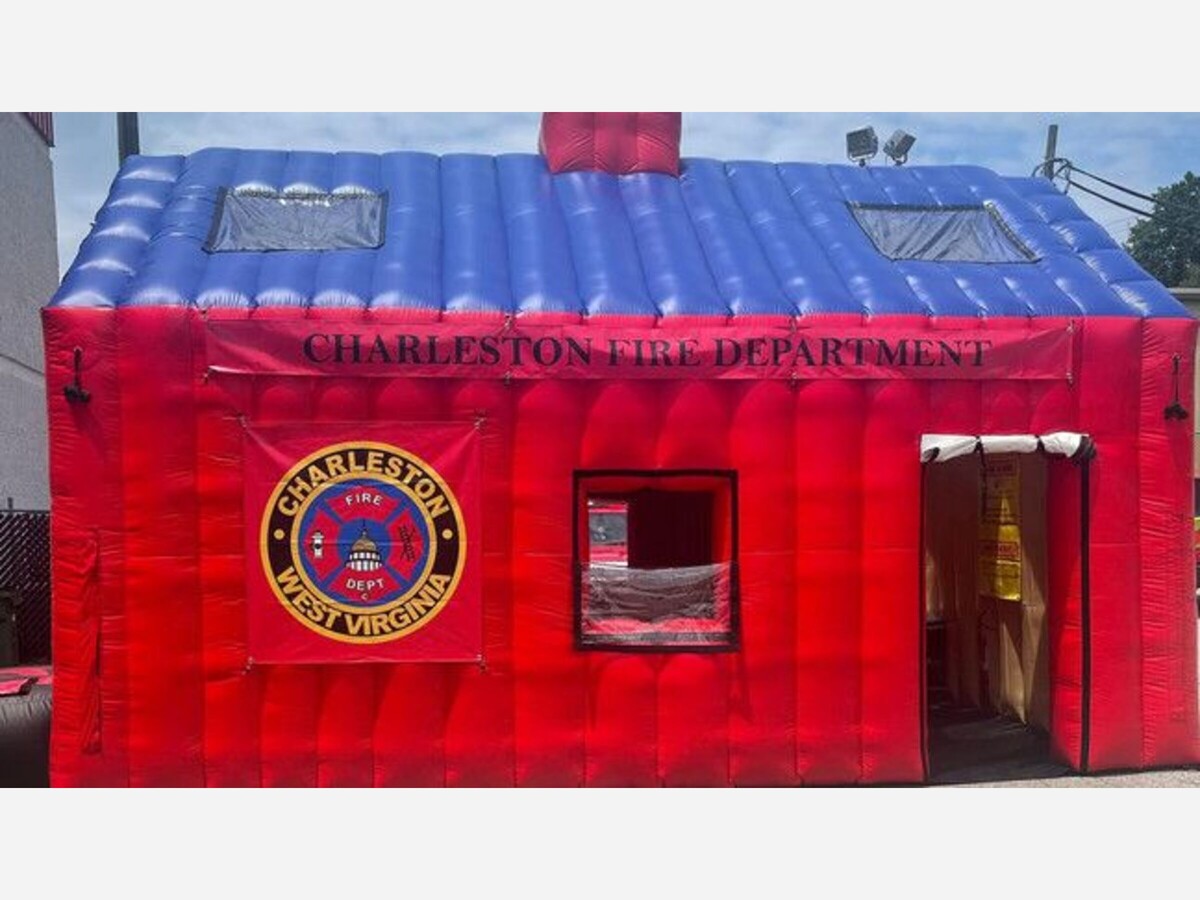Children are one of the highest risk groups for deaths in residential fires. At home, children may play with fire - usually lighters, matches, or other ignitables - in bedrooms, in closets, or under beds. These are "secret" places where a lot of things may catch fire easily.
Children of all ages set fires and more than 400 (aged 9 and younger) die each year in home fires. The U.S. Fire Administration and the Charleston Fire Department encourage parents and caregivers to teach children at an early age about the dangers of fire play in an effort to prevent child injuries, fire deaths, and fire-setting behavior in the future.
- Preschoolers and kindergartners are most likely (46%) to start fires, typically by playing with matches and lighters.
- Most fire-play fires (77%) start outside, but most associated deaths (97%) are in home structure fires.
- Keep matches and lighters locked-up and away from children. Check under beds and in closets for burnt matches—evidence your child may be playing with fire.
- Teach your children that fire is not a toy and to never play with matches, cigarette lighters, or multi-purpose lighters.
- Ensure your kids know what to do in case of a fire.
What Parents & Caregivers Can Do
- Have a match and lighter round-up. Ask your children to tell you where all the matches and lighters are located throughout your home.
- Store lighters and matches out of sight and reach, preferably in a locked cabinet or drawer. This includes multi-purpose or barbecue-style lighters.
- Check under beds and in closets for burned matches or hidden lighters. Approximately half of the child fire starters had previously played with matches or a lighter.
- Use a "don’t touch" approach with children under five years of age. Instruct them to show you any unattended matches or lighter. Reward them with praise when they do.
- Teach toddlers to tell you when they find a match or a lighter. Instruct older children to bring matches or lighters to you.
- If a child expresses curiosity about fire or has been playing with fire, calmly but firmly explain that matches and lighters are tools, not toys.
- Do not use lighters as a source of amusement for a child. Children may seek out the lighter and imitate you.
- Older children should be taught how to use matches and lighters safely. A child’s curiosity may be satisfied if he or she is entrusted to use matches in appropriate situations. Children should be asked to promise to use fire only in the presence of a parent.
- Never leave a child unattended in a room with a lit candle. Don’t allow teens to have candles in their bedrooms.
- Smokers should be conscious of children in the home and keep their smoking materials out of sight and reach of children.
- Children must be supervised. Most fires started by children occur when they do not have adult supervision.
- Prevent fires by practicing and teaching fire safe behaviors in your home.
- Use only lighters designed with child-resistant features. Remember child-resistant does not mean child proof.
- Never leave matches or lighters in a bedroom or any place where children may go without supervision.
- If you suspect your child is intentionally setting fires or unduly fascinated with fire, get help.
Contact the Charleston Fire Department at 843-720-1981, your school, or community counseling agency to get in touch with trained experts.
